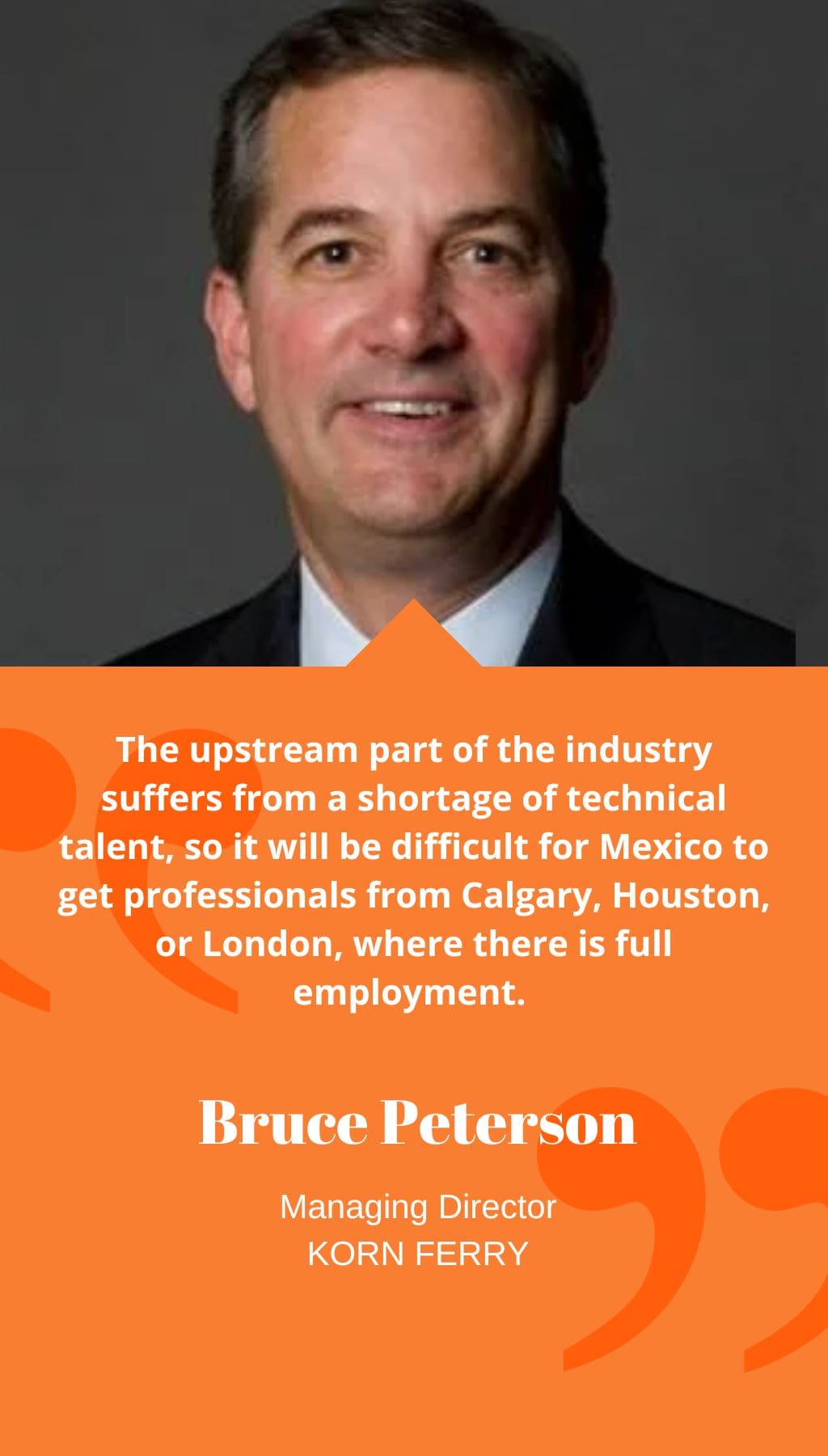
- Mexico | 29 May 2016

Could you provide some context about Korn Ferry?
Korn Ferry is the world’s leading recruitment and executive search firm. We also have a business that operates below the executive level and consulting services to help companies improve their talent. We have 80 offices worldwide and 3,500 employees. The Houston area has had an office since 1970; we also have an office with a strong focus on gas and oil in Calgary, and another in London. In total, we have around 100 people focused on the gas and oil industry. We work with most Fortune 1000 companies.
What are the challenges for gas and oil companies from a hiring perspective?
North America and Europe have an aging workforce. Next, comes a very young generation that will need a lot of training to start making the high-level decisions these companies need. Senior executives are retiring, and that process will accelerate in the next five years. The entire industry will have to think about how to manage its human capital.
What is the situation in Mexico?
On the one hand, Mexico’s intention is for Pemex to remain strong. Pemex will look for oil suppliers to fill the gaps it has. They want more people with technical skills: that’s why they have signed many agreements with foreign companies. On the other hand, there are the companies that can enter the concessions bidding process in Mexico; their needs will be completely different. It will be like starting new companies, since they can only bring in a limited number of people from outside. Our offices have been operating in Mexico for years, so we can help companies access local talent.
The upstream part of the industry suffers from a shortage of technical talent, so it will be difficult for Mexico to get professionals from Calgary, Houston, or London, where there is full employment. Getting someone to leave a very good position to do contracting work in Mexico will be expensive. Today, people have options throughout the energy industry.
What other challenges have you identified in Mexico?
One of the main issues for Western companies will come from health, safety, and environmental issues. Priority must be given to training local staff, because they not only need these technical roles in the field, but they need people who understand what it means to run a quality operation.
One challenge I see for some companies is the unions. A company that has to move a lot of equipment to Mexico has the potential to run into unions in various places. They may have to interact with these unions that they do not know very well, so they may want to hire local people who understand these processes.
What opportunities are opening up with Mexico’s energy reform?
In the areas that will be open to foreign companies, the potential number of barrels is very variable, since Pemex has not drilled many test wells in those areas, and companies can buy concessions and find much more oil than they had initially estimated.
Even in the assets that Pemex will retain, they may want to form partnerships with companies that can bring technology and technical knowledge aimed at increasing recovery. Pemex now has a whole world of possibilities to invite foreign partners, which will increase the value of the company.














